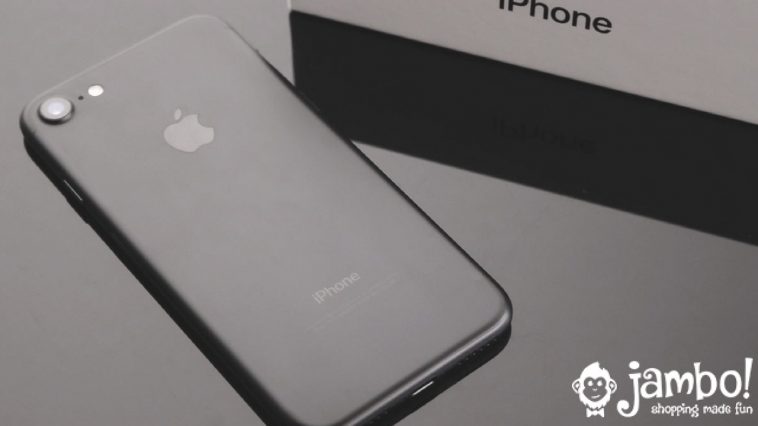A dominant supplier of modern chips Qualcomm is the one that enables phones to hook up to the cellular networks. This company takes licensing fees for almost every modern phone produced in the world and this is something that makes one-third of the company’s revenues. But this chipmaker company has been facing charges by Apple from many years. Apple claims the company to withheld $1 billion from the company as revenge for working with Korean regulators.
Recently Qualcomm strikes back to Apple with a legal case of its own claiming the Cupertino giant refusing to recognize the value of its technology. According to the Qualcomm’s executive VP Don Rosenberg, it wasn’t possible for Apple to come with such an incredible iPhone franchise without being dependent upon the major cellular technologies offered by Qualcomm. Apple has become world’s most profitable company around the globe and after a decade of success, the company is refusing to acknowledge the value of the technologies it used in the first place.
Moreover, the chipmaker company claimed that all the negotiations and agreements have been broken by Apple itself. Not only that, Apple has also interfered with its manufacturing partners who were responsible for building iPhone and iPad using Qualcomm licenses. The company claims that Apple itself failed to utilize the complete performance that was offered by the technology and then misjudged it for a faulty performance. Furthermore, Qualcomm claimed that Apple threatened for going public and exposing the company as a real reason behind performance disparity in iPhones.
For the time being, Qualcomm is spending time in the filing defending its role in building a fundamental technology that lies behind the cellular communications enjoyed by people on iPhones. According to the general counsel of Qualcomm,” Apple has orchestrated a global attack on Qualcomm. It is considered an attempt to use its strong power for pressurizing the licensing terms from the company. The company will defend its business model as well as pursue its right to receive fair value for the technological contribution to the industry”.
Via: Tech Crunch







